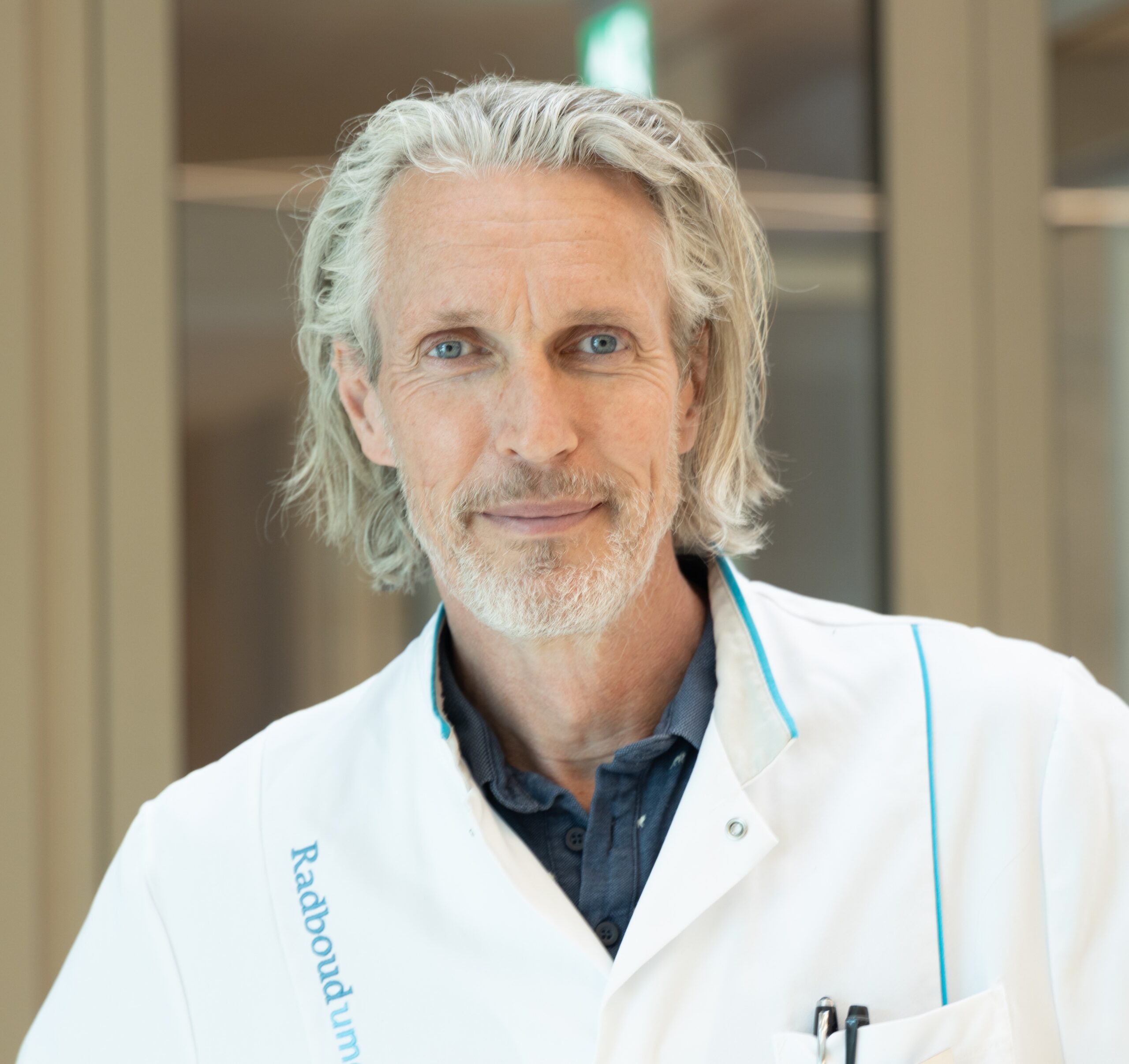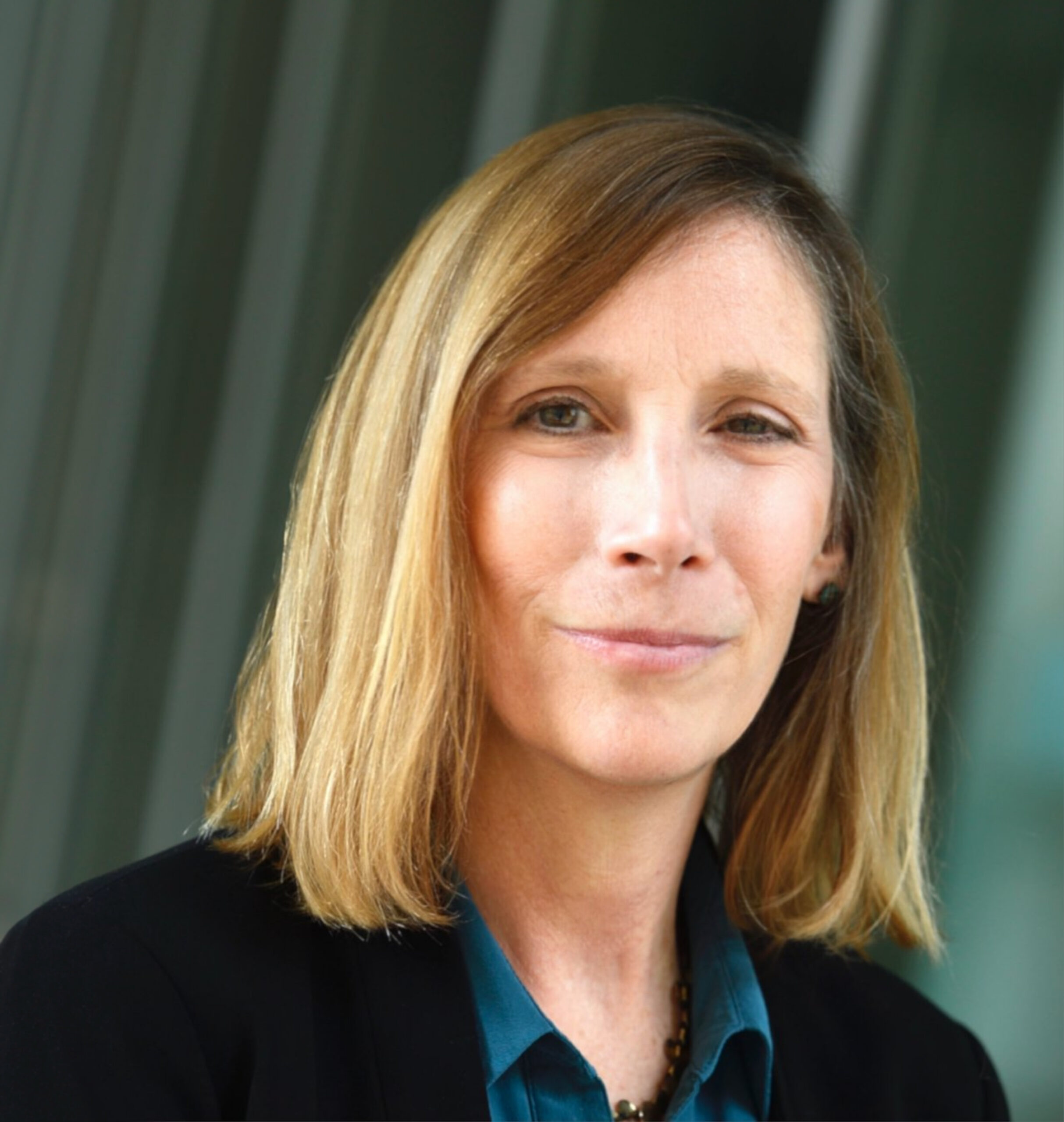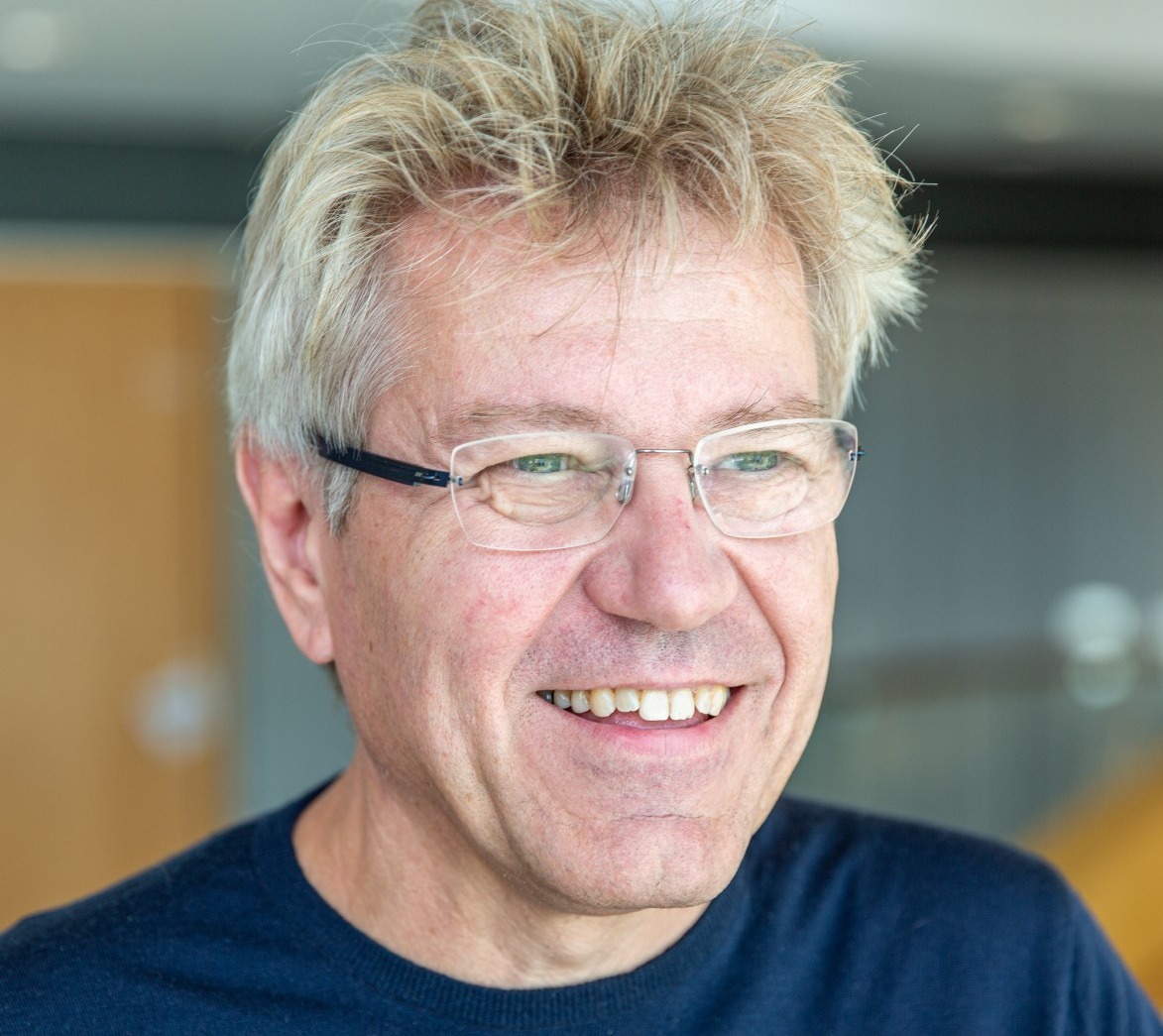Keynotes
We are pleased to announce the Keynote Speakers for the 2025 World Congress
Scroll down to review the ISPGR 2025 keynote speaker line up & view the ‘Meet the Keynote’ video clips:

Fabrisia Ambrosio
Harvard University, USA
Dr. Fabrisia Ambrosio is the Atlantic Charter Director of the Discovery Center for Musculoskeletal Recovery at the Schoen Adams Research Institute. She is also an associate professor in the Department of Physical Medicine & Rehabilitation at Harvard Medical School. Dr. Ambrosio’s research has the long-term goal of developing innovative approaches to improve tissue healing and functional recovery. Her translationally-oriented laboratory investigates underlying mechanisms by which mechanical signals can be used to enhance endogenous and/or donor stem cell function after injury or in the setting of disease. Dr. Ambrosio has published and recorded several educational modules on the topic of Regenerative Rehabilitation—the integration of regenerative medicine with rehabilitation science—and has assumed international leadership roles in several work group efforts to promote the field. She is the lead director of the Alliance for Regenerative Rehabilitation Research & Training (AR3T), an NIH-funded center that supports the expansion of scientific knowledge, expertise, and methodologies across the domains of rehabilitation science and regenerative medicine. Dr. Ambrosio is also the Founding Course Director of the Annual International Symposium on Regenerative Rehabilitation and the Founding Director of the International Consortium for Regenerative Rehabilitation, which includes 16 partnering institutions representing North America, Europe, and Asia. In 2022, she was inducted into the American Institute for Medical and Biological Engineering (AIMBE) College of Fellows, “for outstanding contributions to the field of Regenerative Rehabilitation, integrating applied biophysics and cellular therapeutics to optimize tissue function.”

Bas Bloem
Radboudumc, NLD
Working title: A clinical approach to neurological gait disorders
Bas Bloem (1967) is a neurologist and professor of Neurological Movement Disorders at
Radboudumc. In 2002, he founded the Radboudumc Center of Expertise for Parkinson’s & Movement
Disorders, aiming to provide multidisciplinary, patient-centered care for individuals with Parkinson’s
and other movement disorders. Together with Marten Munneke, he co-founded ParkinsonNet in
2004, a national network of over 4,000 healthcare professionals that has improved care and reduced
healthcare costs. This model has been internationally recognized and awarded, including the Value-Based Healthcare Prize.
His research focuses on Parkinson’s disease, particularly gait and balance disorders, patient-centered
care, and the use of wearable sensors and artificial intelligence. Since 2018, Bloem has also
investigated the link between Parkinson’s and exposure to environmental toxins. In 2022, he received
the prestigious Stevin Prize for his impactful research, which is now advancing preventive strategies
for Parkinson’s disease. He co-authored the book *The Parkinson Pandemic* to raise awareness of
the need for prevention.
Bloem has authored over 1,000 scientific publications, supervised 64 PhD candidates, and ranks in
the top 1% of the most cited scientists worldwide. His video for the University of the Netherlands has
been viewed over 1.2 million times.

Kathleen Cullen
Johns Hopkins University, USA
Kathleen Cullen is the Raj and Neera Singh Professor of Biomedical Engineering at Johns Hopkins University. She is also a Professor of Neuroscience, and Otolaryngology, and the Director of the Johns Hopkins Center for Hearing and Balance. Dr. Cullen founded and directs the Johns Hopkins’ Systems Neuroscience and Neuroengineering Laboratory (SNNL) which spans the interdisciplinary fields of neural engineering and neuroscience harnessing the power of emerging computational and neurophysiological methodologies. The overarching focus of her research program to understand how the brain creates neural representations of our motion to ensure the maintenance of balance and posture, as well as accurate perceptual stability during our everyday activities.
In addition to her research activities, Dr. Cullen currently serves as the Program Chair and Vice President of the Society for the Neural Control of Movement (NCM). Dr. Cullen has long been committed to improving diversity in science, including the promotion, visibility, and representation of women and underrepresented minorities. Dr. Cullen has been an active member of the Scientific Advisory Board of the National Space Biomedical Research Institute, which works with NASA to identify health risks in extended space flight. Cullen earned a Ph.D. in Neuroscience from the University of Chicago in 1991.

Ole Kiehn
University of Copenhagen, DNK
Ole Kiehn is a Professor in Integrative Neuroscience at the Department of Neuroscience, University of Copenhagen, and a Professor in Neurophysiology at the Department of Neuroscience, Karolinska Institutet. Ole Kiehn earned his medical degree from the University of Copenhagen and his Doctorate of Science from the same institution. He conducted his postdoctoral work at Cornell University before returning to the University of Copenhagen as a group leader. In 2001, he was recruited to Karolinska Institutet, where he became a professor in 2004. Since 2016, he has held a position as a professor at the University of Copenhagen.
Kiehn’s research focuses on understanding the molecular, cellular, and functional organization of motor circuitries in mammals. This work links motor circuit organization to behavior and demonstrates translational potential in the development of therapies for movement disorders caused by trauma or disease. He is an elected member of Academia Europaea, EMBO, the Royal Swedish Academy of Science, and The Danish Academy of Sciences and Letters. His research has been recognized with numerous honors including the Brain Prize 2022. He is the president of FENS from 2024-26.

Peter Shull
Robotics Institute at Shanghai Jiao Tong University, CHN
Peter Shull is a Professor of Mechanical Engineering in the Robotics Institute at Shanghai Jiao Tong University. He received a Ph.D. degree in Mechanical Engineering from Stanford University in 2012. Since 2013, he has served as the Director of the Wearable Systems Lab, where his group develops wearable systems to explore principles of human movement and movement modification by combining robotic, haptic, and biomechanics principles to create unique sensors, real-time models, physics-based and AI sensor fusion algorithms, and novel feedback devices. His research focuses on human movement assessment and training in laboratories, clinics, and natural environments for medical applications including osteoarthritis, stroke, and ataxia.
Peter’s lab has been awarded over 20 competitive research grants including funded projects from the leading tech companies Bosch, Samsung, ByteDance, Huawei, and Xsens. His lab has also been funded by several startup companies, and he co-founded a wearable sensing and feedback company in 2019. He has published over 100 peer-reviewed papers and delivered over 50 academic technical presentations in English and Chinese. He has been the primary academic advisor for 38 masters, doctoral, and postdoctoral researchers and is currently an Associate Editor for Nature npj Digital Medicine and IEEE Journal of Biomedical and Health Informatics.













